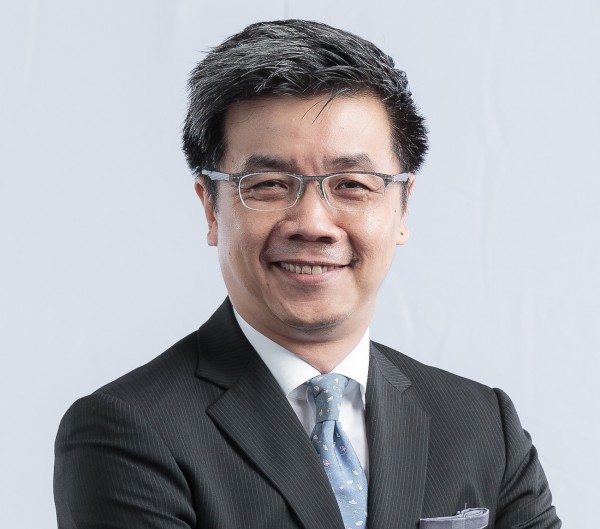
Since Prime Minister Lee Hsien Loong called for more to join the engineering field during his Silicon Valley trip last month, there has been much talk of the importance of engineering in Singapore’s push to be a smart nation.
Yet, how do you attract young people to enter the professional, after so many have been drawn to the banking sector in recent years? Where would the deep expertise come from?
We had our own take on the issue (read our commentary). Still, we had to ask the president of the Singapore Computer Society, Howie Lau, what the country can do to encourage the growth of more engineering talent.
Lau, who is also StarHub’s chief marketing officer, believes one way to stay relevant is to constantly learn and unlearn things and to see different perspectives from others in the field.
After working on BASIC back in secondary school, he is now teaching himself Python programming through watching YouTube videos.
Q: What is the public’s perception of engineering – particularly in infocomm technologies – today?
A: The infocomm industry continues to be very vibrant and strong growing in Singapore. This is because infocomm technologies have grown from being a productivity tool to being a competitive advantage for most organisations.
As a result, the perception of core technology skills like product development, coding and solution architecting have shifted from being mere support roles to critical capabilities.
As we develop our capabilities in the various aspects of a smart nation, everyone in this eco-system including individuals, businesses and government agencies will have to leverage on more innovative technologies and solutions to make more informed decisions and choices.
Together as an industry, we need to increase the number of talents in the ICT sector and raise competency levels so that Singapore is well-prepared to become a world-class smart nation.
Q: How has this changed over the years?
A: The shift in perception is brought about by the changing function of ICT. Technology decisions are more embedded and critical than before, so it is not just the CIO and CTO, but the CEO and even the CMO who are now involved.
The level of tech-savviness in Singapore has grown by leaps and bounds through education, exposure and lowering cost of technology. These factors also effected the change in perception of infocomm technologies. ICT is now ubiquitous.
For example, security which previously played a support function is now a focus for companies. This is because systems in organisations are increasingly interconnected (with suppliers, customers, cloud computing) and as a result, cyber security is a pivotal element in any organisation’s operation. Skills relating to cyber security are therefore critical.
Q: What can Singapore do to encourage more to enter the profession?
A: We do see increasing interest to join the profession. For example, the 2014 Infocomm Survey conducted by SCS revealed that 97 per cent of university students taking ICT-related courses and 74 per cent of polytechnic students taking similar courses named ICT among their top three choices of study at their point of entry to these educational institutions
We can also encourage even more local talents to enter the profession by creating opportunities for career development and advancements. At SCS, one of the things we try to do is to make sure we create the right platforms for members to stay updated.
Our seminars, special interest groups or chapters as well as our series of certifications and courses can help members who want to stay curious remain relevant
In addition, we can also increase the awareness of exciting ICT careers in Singapore. For example, on March 4, SCS presented our annual IT Leader Awards for the 20th year running, in recognition of the contributions of pioneering and visionary contributions of deserving ICT professionals. We’d like to think it as the ‘Oscars’ of the local infocomm scene.
Q: Given the cyclical nature of the economy, what lessons can those who are considering a career in engineering take from the past?
A: The economy is always evolving rapidly and in order to “ride the tide”, one needs to have the ability to learn, unlearn and relearn quickly.
For ICT professionals, there is an additional aspect of technology which is also constantly changing. Therefore, there is a need for ICT professionals to ensure that their skills sets match the requirements.
Using my own experience as an example, my first interest and exposure to infocomm technologies was learning the BASIC programming as a member of my secondary school’s computer club.
Now, I’m learning Python programming from YouTube videos. Also, having the passion and curiosity to learn from others is key to surviving the cyclical nature of the economy.





